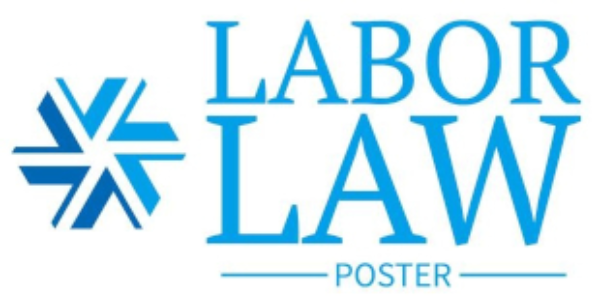Understanding the Role of Labor Law Posters in Workplaces

Introduction
Every workplace, big or small, has rules. These aren’t just any rules. They are laws. Labor law posters display these laws. They are vital. They hang in break rooms, hallways, and also entrances. Workers see them daily. Employers reference them. They are a bridge between law and daily work. Let’s dive deep into their significance.
Unpacking Labor Law Posters
At first glance, they’re big, colorful sheets. But look closer. They’re filled with crucial information. They detail rights, duties, and also more. Workers learn from them. Employers get guidance. They aren’t mere papers. They’re knowledge sources. Also, they’re legally required in many places.
The Pillar of Worker Rights
Imagine working without knowing your rights. Scary, right? Workers have rights. Rights to breaks, fair pay, and also safety. These posters are reminders. They tell workers what they can also expect. Also, they show what workers can demand.
The Compass for Employers
Running a business is hard. There are many rules. Mistakes can also be costly. Federal labor law posters are like compasses. They guide employers, detail responsibilities, and also outline how to treat workers. Besides, they highlight potential penalties.
Digital Posters
We live in a digital age. Paper is becoming old-school. Digital labor law posters are rising. They’re on websites, intranets, and also digital boards. They’re interactive. They can also have videos and links. Updates are swift. Also, they’re eco-friendly, saving trees.
Staying Updated
Laws aren’t static. They evolve. New issues arise. Societies change. Labor laws reflect these changes. Hence, posters need updates. Regularly updating them is key. It ensures labor law compliance posters. Also, it ensures workers get the latest information.
Replacement and Clarity
Time affects everything, even posters. They can also wear out. They can also become unreadable. This defeats their purpose. Replacement services come to the rescue. They provide fresh, clear posters. Clarity is crucial. It ensures the message is received. Also, it ensures no misinterpretations.
The Bigger Picture
Why all this fuss about posters? Because they’re part of a bigger picture. A picture of safe workplaces. Of fair treatment. Of businesses growing responsibly. They’re not just about rules. They’re about values. They promote respect. Also, they foster understanding.
Global Perspectives
Different countries have different labor rules. Their signs say the same thing. In the U.S., they also look at the minimum wage or OSHA rules. In Europe, they stress the rights of worker councils. There are limits on how many hours people can work in Asia. This change around the world is very interesting.
It shows differences in politics, economy, and culture. This is very important for multinational businesses. They need to know the rules in their area. Also, they need to put up the right signs everywhere. That way, everyone will follow the rules. It also shows that you follow the rules and customs of the area.

Beyond the Basics
Labor laws posters do more than tell you about the law. The way they make you feel is important. Displaying workers’ rights makes them feel like their rights are important. They also know that their health is important. This makes people feel better. Having higher confidence can also make people more productive. It can also make office arguments less likely.
For employers, these posters are always there to remember them. They stress how important it is to act decently. They also talk about how much trust their workers have in them. These images help to create a good atmosphere at work. They make a place where people respect each other. They also make sure that processes are clear.
Conclusion
Labor law posters are foundational. They’re not mere obligations. They’re also essential tools. They educate, guide, and also remind. Every workplace benefits from them. They also create informed workers. Also, they create responsible employers. In a world of work, they’re the silent guardians of rights and duties.

